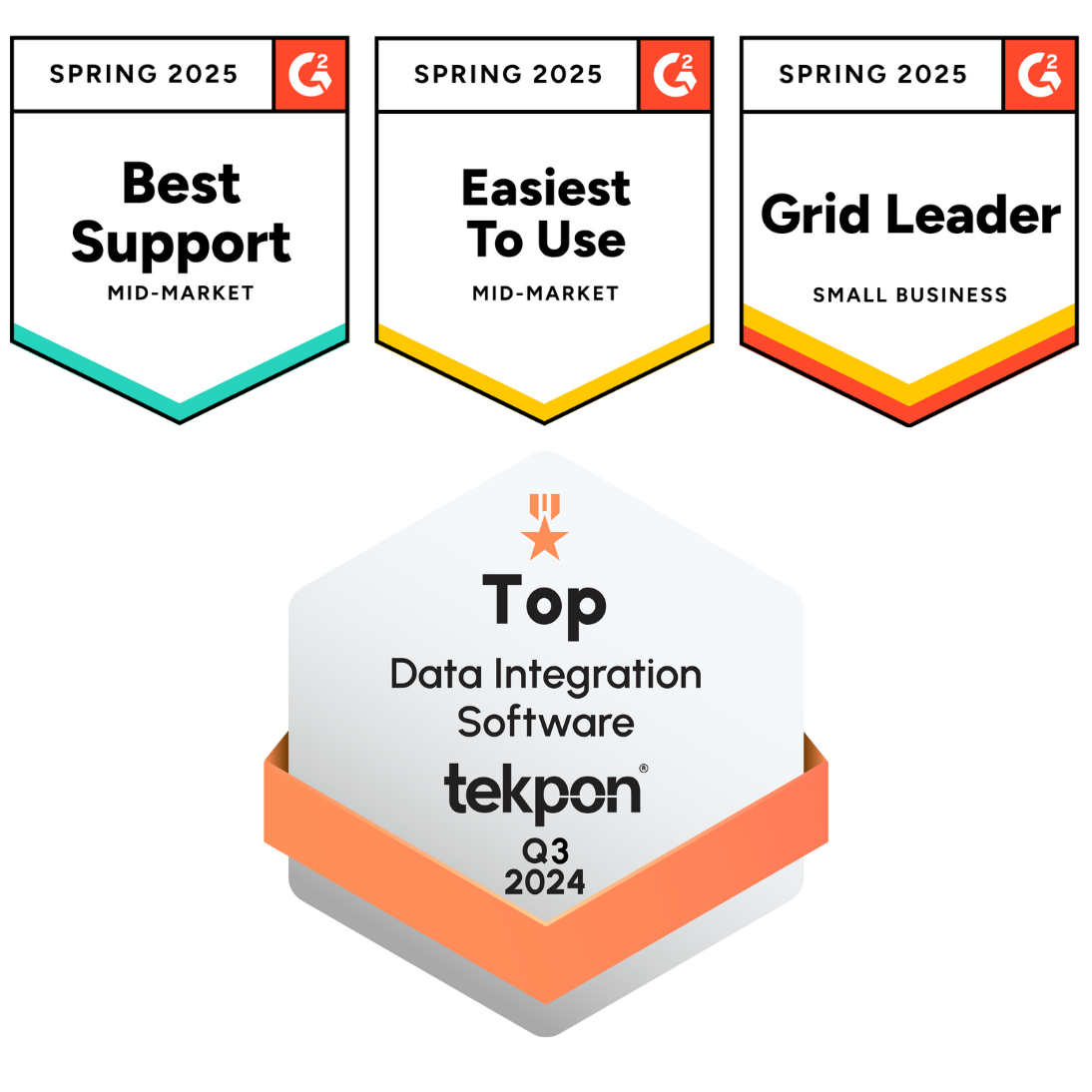In a recent Driven By DCKAP podcast interview, Nishit Asnani, Co-Founder of Sybill, a generative AI tool designed to elevate sales calls, shared his insights on what it takes to build AI software and the exciting directions it’s heading. As one of the inspiring leaders behind Sybill.ai, Nishit shared his experiences and knowledge.
During our discussion, we explored various aspects of AI in the sales industry, including what a sales intelligence tool is and where we can leverage AI which can offer the most significant benefits for sales growth and more. Nishit explained, “Be really good at using AI first and foremost before building it.” This principle is crucial for anyone looking to navigate the complexities of AI, particularly those interested in developing their own tools.
The Role of AI in Sales
AI has the potential to revolutionize day-to-day operations in sales. By automating routine tasks and providing actionable insights, sales teams can focus on building relationships and closing deals rather than getting bogged down by administrative work. Nishit elaborated on this, emphasizing that effective AI tools can help identify customer patterns and facilitate more meaningful interactions.
For example, AI can analyze large datasets to identify trends in customer behavior, allowing sales teams to tailor their strategies. By predicting which customers are at risk of churning or identifying upsell opportunities, AI empowers sales professionals to make data-driven decisions that enhance their effectiveness.
Nishit shared a personal experience about preparing for a crucial customer call. Instead of trying to create a specialized tool from scratch, he focused on crafting a detailed prompt for ChatGPT. This prompt provided all the necessary context, allowing him to role-play the conversation and build confidence. “I spent 15-20 minutes just writing an amazing prompt,” he said, highlighting the importance of preparation in leveraging AI effectively.
Also see: The Role of AI in Distribution
Challenges of Building AI Products
While the potential of AI is immense, building AI products comes with its own set of challenges. Nishit discussed the complexities involved in developing an effective sales intelligence tool. These challenges include data integration, ensuring accuracy, and maintaining user-friendly interfaces. However, the rewards of overcoming these hurdles are substantial, as businesses that successfully implement AI can gain a competitive edge.
Nishit stated, “First, get really good at using it, then figure out what the gaps are.” This approach allows developers to understand what users need and how to best serve those needs through AI. By engaging with AI tools first, aspiring developers can identify areas for improvement and innovation in their own products.
How to Become Proficient in AI
To truly excel in AI, one can adopt several strategies:
- Master the Basics of AI Tools: Begin by familiarizing yourself with existing AI applications like ChatGPT or other generative models. Understand their capabilities and limitations, and practice using them in various contexts. Learn how to craft effective prompts that yield the best results from AI tools. The quality of the output often depends on the clarity and specificity of the input. Experiment with different approaches to see what works best for your needs.
- Hands-On Practice: Engage in practical projects that require the application of AI. This could involve using AI for data analysis, creating chatbots, or developing content generation tools. Hands-on experience will deepen your understanding and boost your confidence.
- Network with Experts: Connect with professionals in the AI space. Engaging in discussions, attending conferences, or joining online forums can provide insights that are invaluable for your growth.
- Identify Gaps: As you become proficient in using AI, take note of areas where you encounter challenges. These gaps can guide your learning journey and help you focus on specific skills or knowledge areas you need to improve.
- Understand the Ethical Implications: As you delve deeper into AI, it’s important to consider the ethical implications of your work. Understanding issues related to bias, privacy, and data security will not only make you a more responsible AI practitioner but will also set you apart in a competitive landscape.
The Future of AI
Looking ahead, Nishit is bullish about the future of AI. He believes that as tools become more sophisticated, they will continue to transform industries beyond sales. The integration of AI into everyday operations will streamline workflows, enhance decision-making, and empower professionals to achieve more.
In closing, Nishit’s insights remind us that the journey into AI is not just about coding and algorithms; it’s about integrating AI into one’s workflow and using it as a partner in problem-solving. As he aptly put it, “You can learn a lot just by interacting with ChatGPT and asking it to give you constructive feedback.”
Watch the full episode to dive deeper into Nishit’s vision for the next generation of technology and discover how you can leverage AI to enhance your business. With leaders like Nishit paving the way, the future of AI looks incredibly promising. Embrace AI as a powerful ally, and let it guide you on your path to creating solutions customers love.
Catch the full conversation with Nishit Asnani, Co-Founder of Sybill here:
Contents





